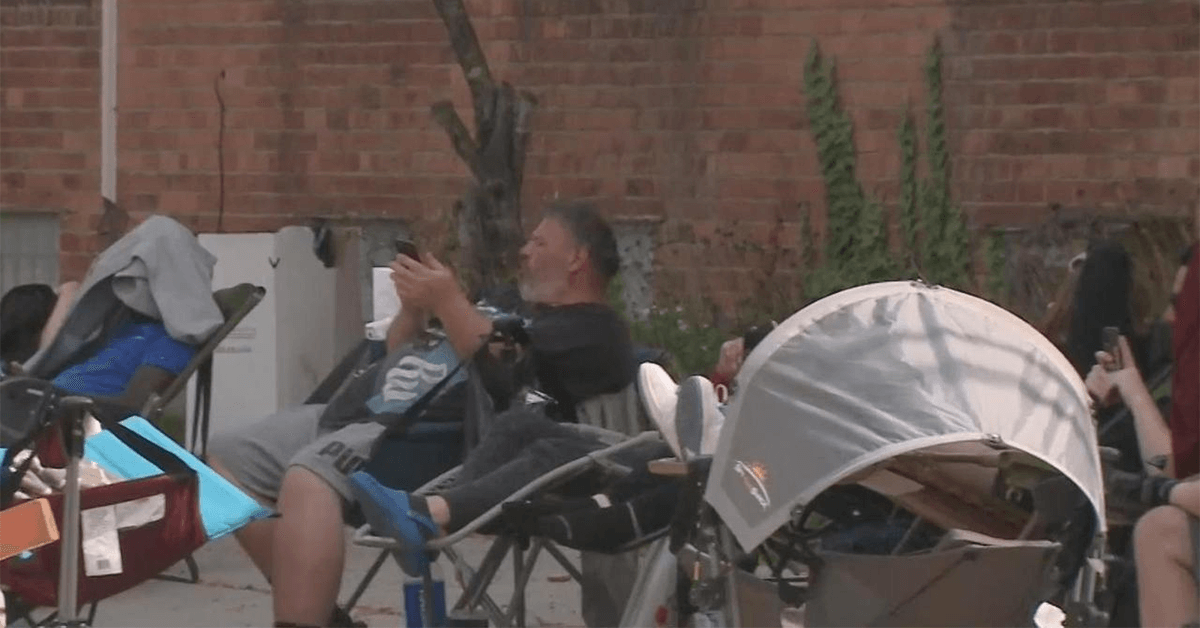Landlord and Cannabis Entrepreneur Head to Trial Over Lease and Zoning Conflict

A commercial landlord and a cannabis entrepreneur will head to trial over allegations of unpaid rent, following a ruling by a Michigan state judge. The dispute centers on whether a local government's decision to force the cannabis business to cease operations voids their lease agreement.
Judge Victoria A. Valentine of the Oakland County Circuit Court determined that neither Mel Belovicz, the property owner, nor Paul Weinstock, the tenant operating a combined medical marijuana grow and sign-making business, could be declared in breach of the lease without a jury's input.
The conflict involves the responsibility for the final six months of rent, totaling at least $21,000, for a property in Redford, Michigan. According to court documents, Weinstock's business, Radiant Sign Co. LLC, had leased the property from Belovicz's company, 312 Redford LLC, for the entirety of 2022. Besides making signs, Radiant Sign Co. also intended to cultivate and sell medical cannabis, a legal activity in Michigan. However, Redford Township prohibits marijuana establishments within its boundaries.
Despite this prohibition, Belovicz contends that the township had implicitly permitted cannabis cultivation in 2020, provided all necessary permits were obtained. This understanding led to the signing of a lease containing a crucial clause: if Redford Township deemed the cannabis cultivation contrary to its zoning or ordinances, the lease would become null and void, and the tenant would have to vacate the premises immediately.
In the summer of 2022, Redford officials discovered Weinstock's cannabis grow operation and ordered its cessation. Weinstock returned the property keys to Belovicz later that year. Subsequently, in February 2023, Belovicz's company sued Weinstock for breach of contract and other claims, with Weinstock countersuing on similar grounds.
The pivotal issue is whether the lease provision concerning Redford's actions obligates Weinstock to pay the last six months of rent. Both parties sought summary judgment on this matter, but Judge Valentine ruled that key facts must be determined at trial.
"Accordingly, neither party is entitled to summary disposition as to Count I — Breach of Contract," Judge Valentine stated.
However, the landlord achieved a partial victory, securing summary judgment against Weinstock's fraudulent misrepresentation claims. Weinstock alleged that Belovicz falsely claimed Redford tacitly allowed cannabis cultivation. The judge found that, at the time, this statement might have been true.
In November 2021, Redford Township explicitly reaffirmed its prohibition on medical and recreational marijuana facilities. This change indicated that the township's regulatory stance might have evolved, making it uncertain whether Belovicz's earlier statements about Redford's tacit allowance were false when made in 2020. Judge Valentine noted that Weinstock was aware of potential zoning issues and had a duty to verify the legality of his grow operation independently.
Attorneys Brian E. Etzel and William C. DiSess of Williams Williams Rattner & Plunkett PC represent Belovicz and his company. Sarah Prout Rennie of the Law Offices of Sarah Prout Rennie PLLC represents Weinstock and his business. Neither party has commented publicly on the case.
Share this article:
Spotted a typo, grammatical error, or a factual inaccuracy? Let us know - we're committed to correcting errors swiftly and accurately!








 Helpful Links
Helpful Links